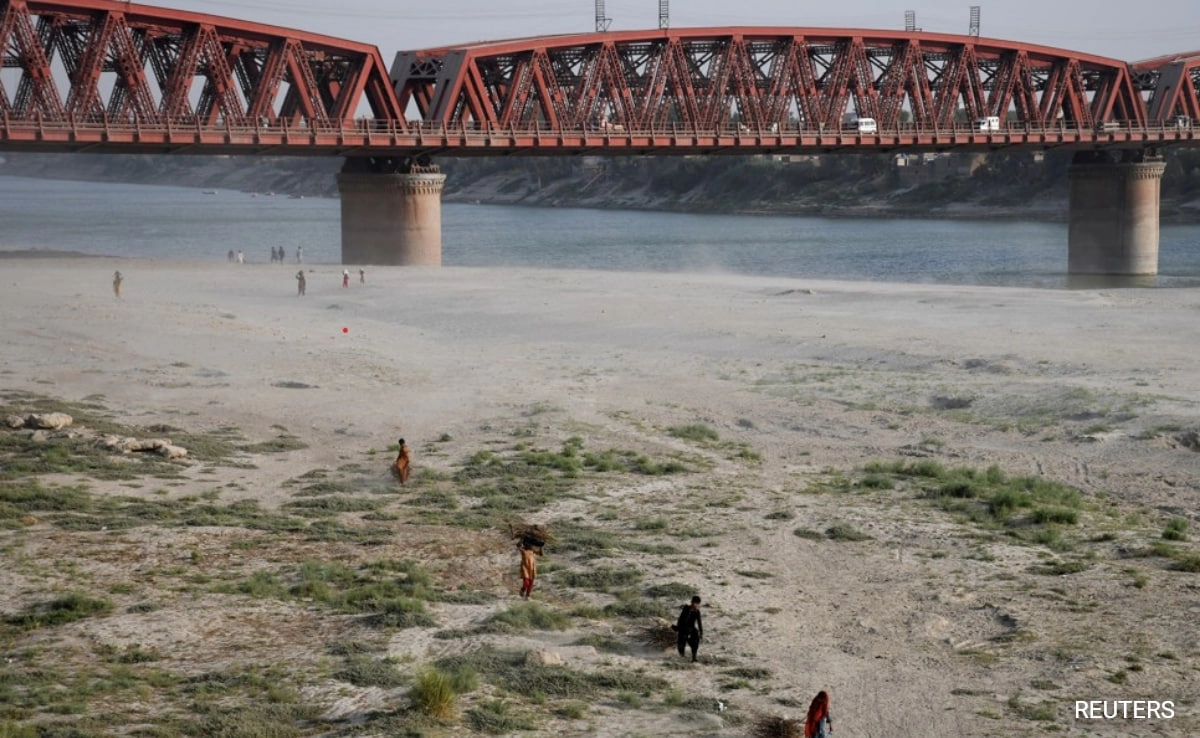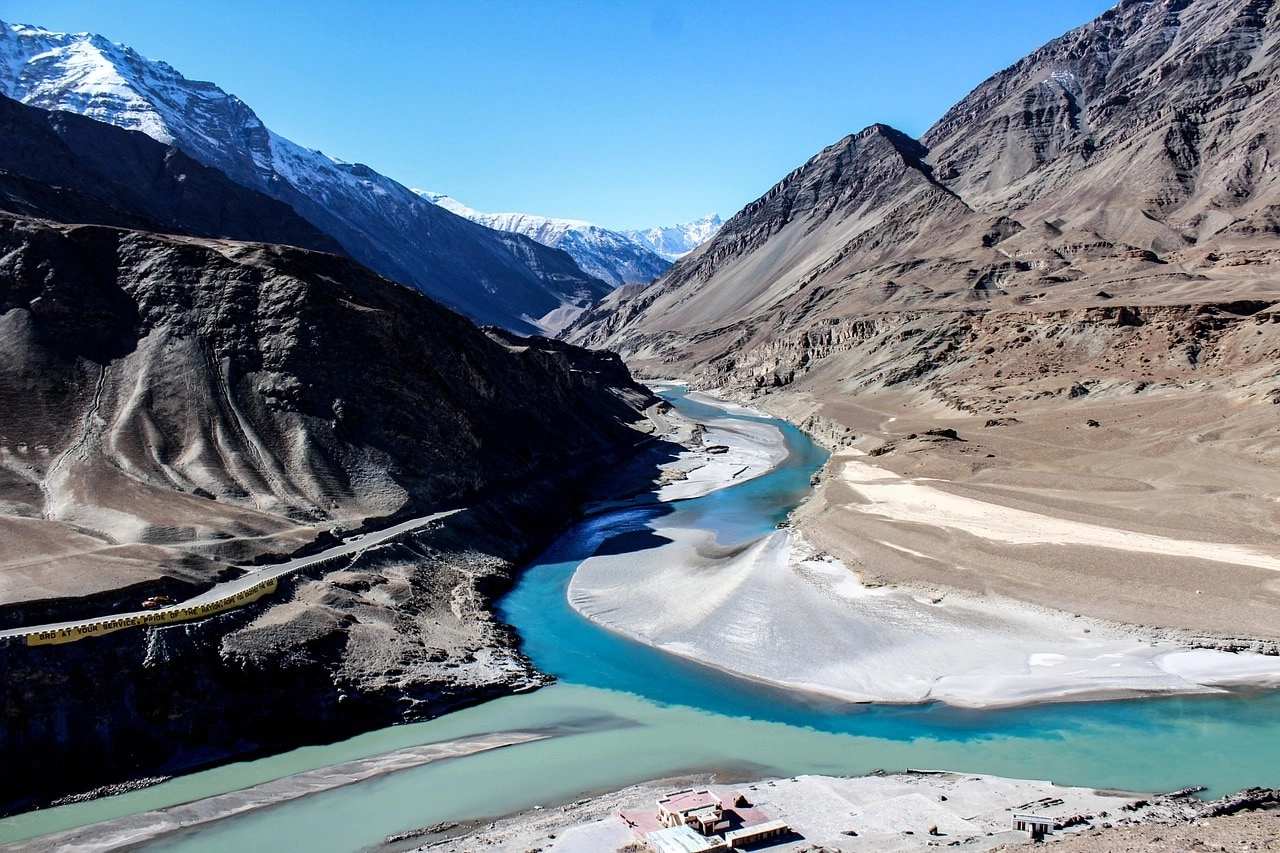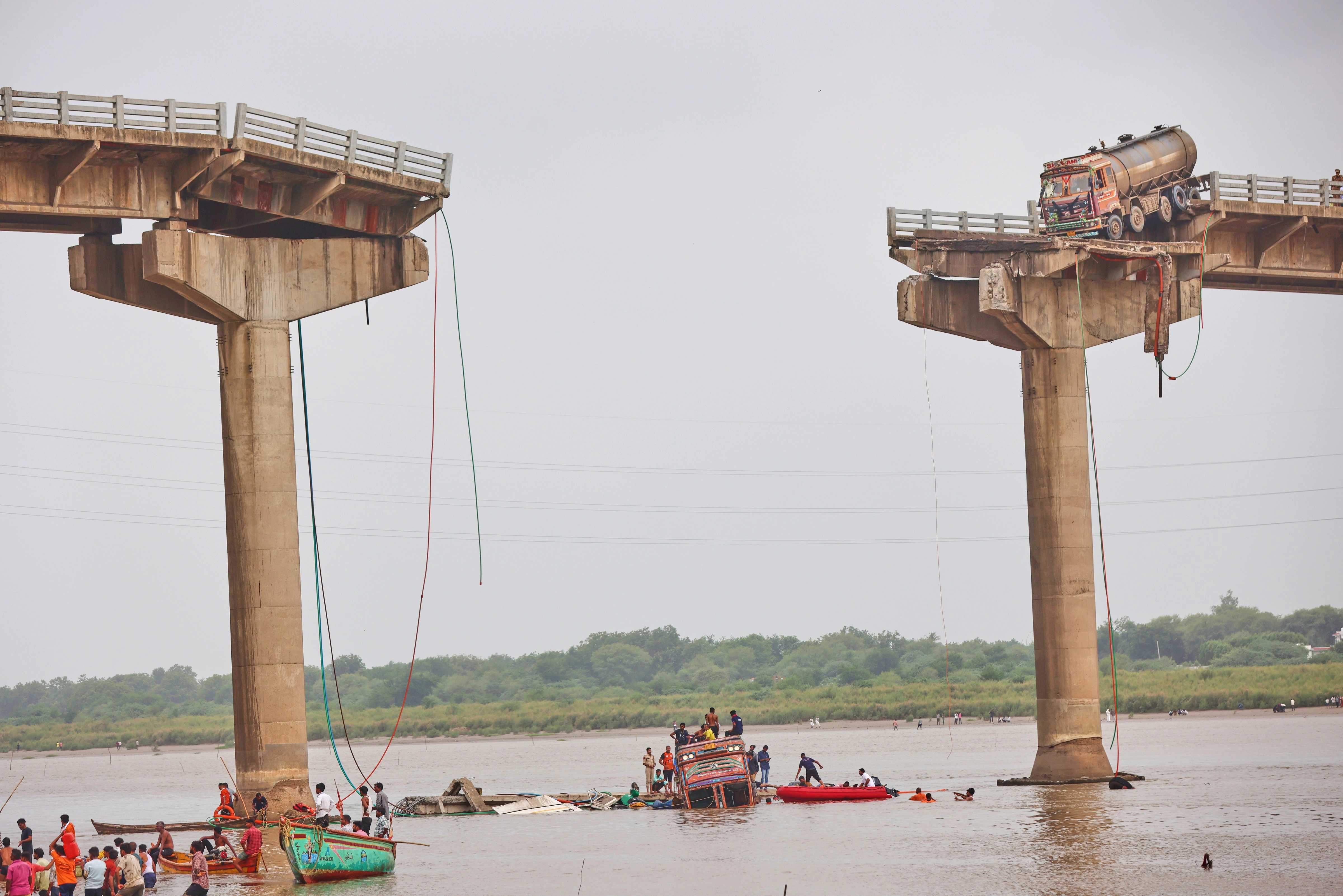The geopolitical landscape of South Asia has recently witnessed heightened tensions, particularly between Pakistan and India. Following the appointment of General Asim Munir as the Chief of Army Staff in Pakistan, there has been a noticeable escalation in rhetoric from Pakistani political leaders. Bilawal Bhutto Zardari, the Chairman of the Pakistan Peoples Party and the country’s foreign minister, has made statements that have been interpreted as veiled threats of war, indicating a significant shift in Pakistan’s diplomatic posture. His comments come amid ongoing skirmishes along the Line of Control and increasing concerns over territorial integrity, highlighting the fragile state of relations between the two nuclear-armed neighbors.
In the backdrop of these military and political tensions, Pakistan has raised the issue of water scarcity, urging India to reconsider its water-sharing agreements under the Indus Waters Treaty. This request is not merely about water distribution but is emblematic of deeper issues concerning resource allocation and national security. Pakistan’s agricultural sector heavily relies on the waters from the Indus River system, and any perceived violation or mismanagement of these resources by India could exacerbate already fragile relations. The urgency of Pakistan’s request reflects broader concerns over climate change and water scarcity, which are becoming increasingly critical issues in the region.
The interplay between military posturing and resource diplomacy underscores the complexity of Indo-Pak relations. While the threat of conflict looms large, the call for dialogue on water issues presents an opportunity for both nations to address mutual concerns. However, the challenge lies in overcoming deep-seated mistrust and historical grievances. Leaders from both sides need to engage in constructive dialogue and seek collaborative solutions to pressing issues such as water management, rather than resorting to aggressive rhetoric that could lead to further escalation. As the situation evolves, the international community watches closely, hoping for a diplomatic resolution that prioritizes peace and stability in South Asia.




